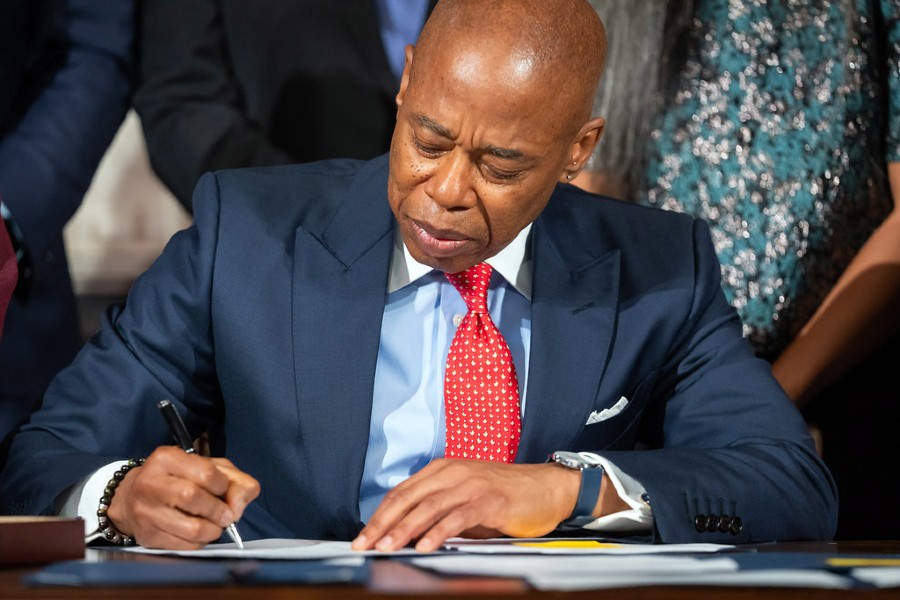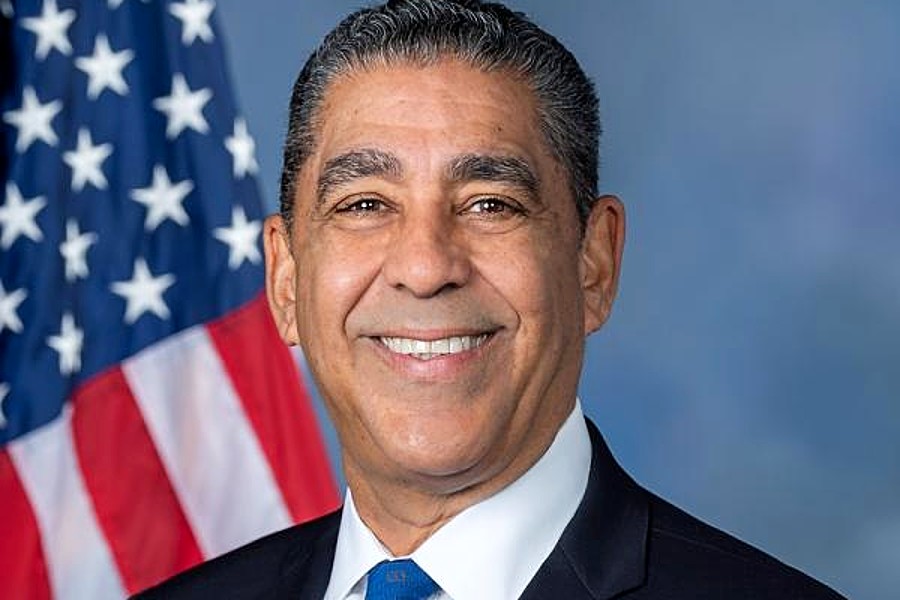 The NY Times reports that it was nearly two years ago that Gov. Andrew M. Cuomo floated a plan for the state to pay for college courses for inmates. But it sank in the face of withering opposition from critics who mocked Mr. Cuomo’s initiative as “Attica University” and Republican members of the state’s congressional delegation who argued that New York should put “kids before cons.”
The NY Times reports that it was nearly two years ago that Gov. Andrew M. Cuomo floated a plan for the state to pay for college courses for inmates. But it sank in the face of withering opposition from critics who mocked Mr. Cuomo’s initiative as “Attica University” and Republican members of the state’s congressional delegation who argued that New York should put “kids before cons.”
On Sunday, however, Mr. Cuomo, a Democrat, reintroduced the plan through a new and seemingly less vulnerable financing mechanism, using about $7.5 million in criminal forfeiture funds from the Manhattan district attorney, Cyrus R. Vance Jr., whose coffers are filled with hundreds of millions of dollars in bank settlements.
An additional $7.5 million will come from private matching funds, according to the governor’s office, which hopes to offer what it calls an “integrated curriculum” to about 1,000 inmates statewide over the next five years.
The governor formally announced the college plan on Sunday morning in Harlem, in a speech before the congregation of the Mount Neboh Baptist Church.
The governor formally announced the college plan on Sunday morning in Harlem, in a speech before the congregation of the Mount Neboh Baptist Church.
“Prisons were not supposed to be a warehouse,” Mr. Cuomo said. “It was not supposed to be, ‘We’re going to take you and put you in a warehouse for 10 years and lock you up, and then take you out in 10 years and return you to society and think maybe you’re going to be the better for it.’”
“It was supposed to be about rehabilitation,” he added. “It was supposed to be an opportunity to help people. We lost that somewhere along the way.”
In an interview, Mr. Vance acknowledged that such programs have always faced an uphill battle in the State Legislature, usually running into obstacles in the Republican-controlled Senate, because some conservative lawmakers consider it unfair to underwrite education for prisoners when scholarships for law-abiding people are scarce.
But Mr. Vance said that expanding college programs for inmates made sense from a crime-fighting standpoint because studies had shown that inmates who earned a college degree were less likely to return to prison.
“If we don’t provide an exit strategy for ex-offenders, they are just going to be re-offenders,” Mr. Vance said. “It’s just really common sense.”
The college initiative is part of a broader agenda touching on criminal justice reform and social issues that the governor outlined on Sunday, including seeking an additional $100 million for so-called community schools, which aim to address challenges for students beyond the classroom, an approach tried in New York City and other urban areas. He also wants $55 million for jobs programs for at-risk youths, a category that includes those who have committed crimes.
The governor also announced an agreement with the state Office of Court Administration to stop making some juvenile criminal records available for purchase from private data and background check companies. That change, expected to take effect this month, comes in conjunction with a recent executive action by the governor to pardon as many as 10,000 people who were convicted of nonviolent crimes as 16- and 17-year-olds but have since avoided criminal activity.
Some state prisons already offer a handful of college courses, but Mr. Vance said the new initiative would expand those programs by about a third. It would also improve them so that credits could be more easily transferred to colleges outside prison walls, a problem that has bedeviled the existing system.
The proposal would offer colleges and other educational institutions up to $5,000 per student to provide a full-time course load of 30 college credits, according to the district attorney’s office. Only inmates who have a high school degree and are within two to five years of completing their sentences would be eligible. Those serving life sentences would be disqualified.
Mr. Vance said studies had shown that educated inmates were less likely to commit crimes when they left prison, an outcome even law-and-order-minded prosecutors could embrace.
“This is a crime reduction strategy, and it happens to be around the issue of education,” he said.
That sentiment was echoed by Alphonso B. David, the governor’s chief counsel, who said the plan — which would take effect this fall — would balance the need for public safety with the prison system’s stated goal of rehabilitation.
“We’ve seen that educational programming is extremely effective in preventing recidivism,” he said. “When people make a mistake, we should provide a path to redemption. And that’s what we’re doing.”
Become a Harlem Insider!
By submitting this form, you are consenting to receive marketing emails from: . You can revoke your consent to receive emails at any time by using the SafeUnsubscribe® link, found at the bottom of every email. Emails are serviced by Constant Contact








